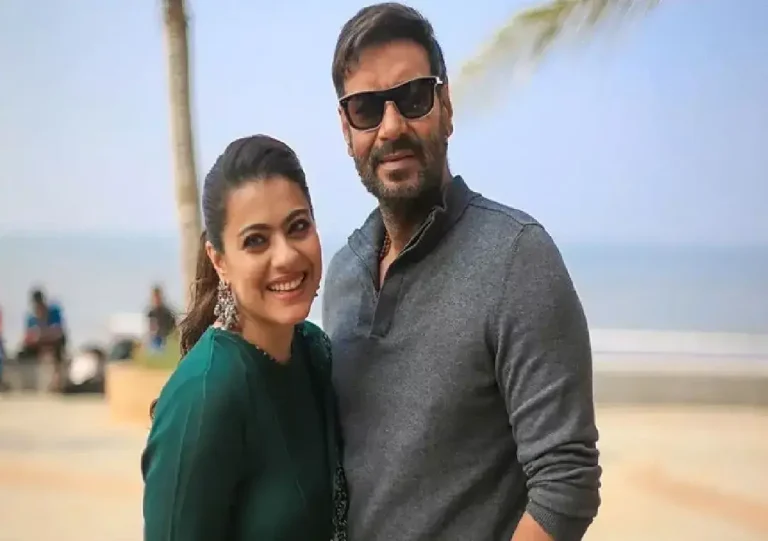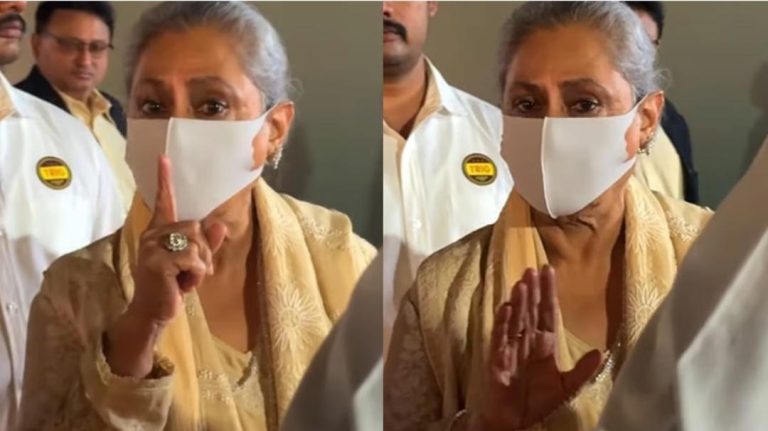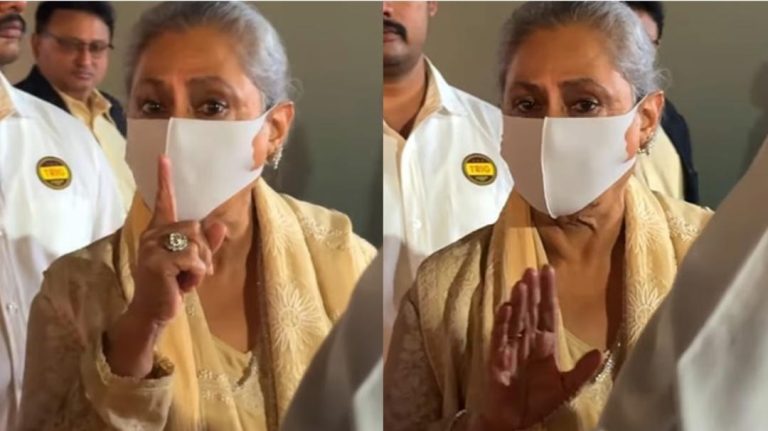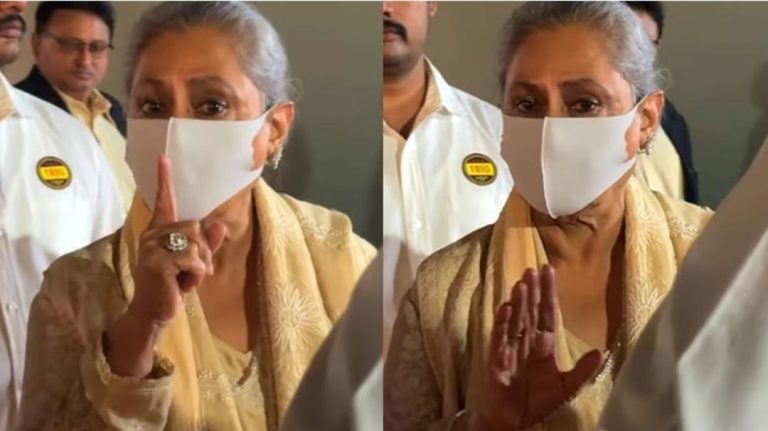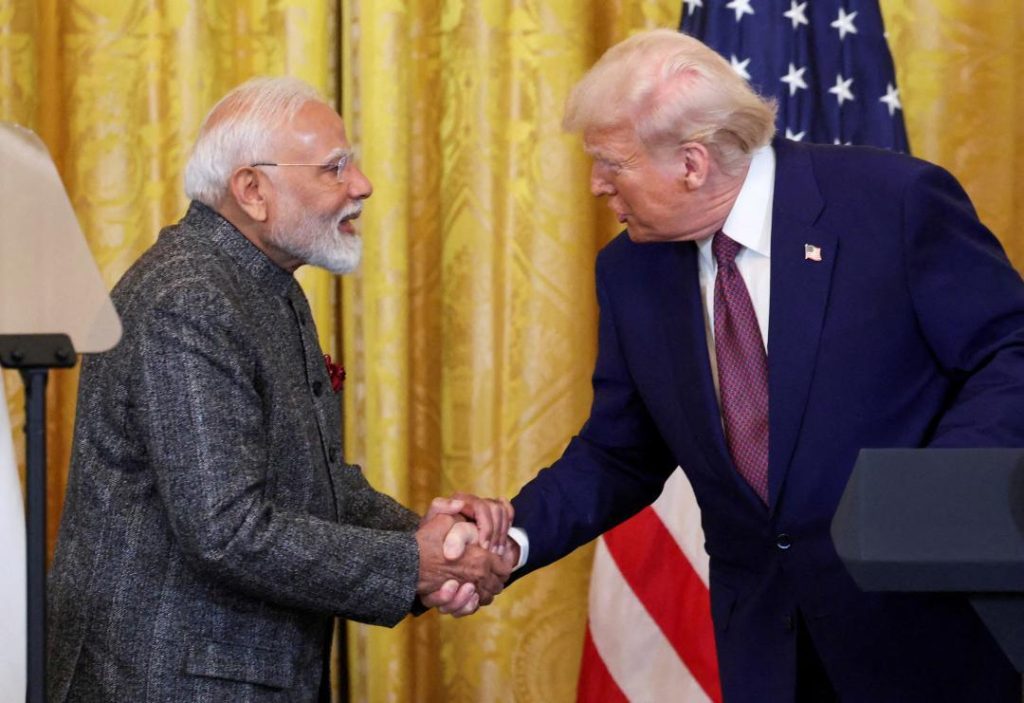
Title: India shouldn’t do somersaults, get sucked into US game: Top economist Sachs on tariffs
In a recent exclusive interview with NDTV, renowned economist Jeffrey Sachs expressed his concerns over India’s potential surrender to President Donald Trump’s reciprocal tariffs during bilateral trade agreement negotiations. Sachs, who is a professor at Columbia University and a leading expert on international trade, emphasized that India should not compromise its trade relations with other nations to appease the United States.
The economist stressed that India has “other alternatives” to avoid Trump’s tariffs and should not do “somersaults” to satisfy the US demands. “I think India should watch itself so it doesn’t get sucked into the US game,” Sachs warned.
Sachs’ comments come at a time when the US and India are engaged in intense trade negotiations, with the US demanding greater access to India’s markets and a reduction in tariffs on American goods. The negotiations have been complicated by Trump’s threat to impose reciprocal tariffs on Indian goods, which could have significant economic implications for both countries.
Sachs, who has been critical of Trump’s trade policies, argued that India should not compromise its trade relations with other nations to appease the US. “India should not discriminate against its other trade partners,” he said. “It should watch itself so it doesn’t get sucked into the US game.”
Sachs’ warning comes amid concerns that India may be tempted to compromise its stand on tariffs to avoid a trade war with the US. In recent months, India has imposed tariffs on a range of American goods, including almonds, apples, and motorcycles, in response to the US’s move to withdraw trade benefits under the Generalized System of Preferences (GSP) program.
However, Sachs believes that India has other alternatives to avoid Trump’s tariffs. “India should not do somersaults to try to satisfy the US,” he said. “It should look for other alternatives, such as negotiating a trade agreement with the EU or other trade partners.”
Sachs’ comments were echoed by other trade experts, who have warned that India should be cautious in its negotiations with the US. “India should not compromise its trade policies to appease the US,” said Rakesh Mohan, a former governor of the Reserve Bank of India. “It should prioritize its trade relations with other nations and look for alternative markets to export its goods.”
The US and India have been engaged in trade talks for several years, but the negotiations have been complicated by issues such as intellectual property rights, data localization, and tariffs. The US has accused India of unfair trade practices, including imposing tariffs on American goods and restricting market access.
In recent months, the US has imposed tariffs on a range of Indian goods, including steel, aluminum, and agriculture products. India has retaliated by imposing tariffs on American goods, including almonds, apples, and motorcycles.
Sachs believes that the US and India should focus on finding common ground and negotiating a trade agreement that benefits both countries. “The US and India should focus on finding areas of common interest and negotiating a trade agreement that is mutually beneficial,” he said. “India should not compromise its trade policies to appease the US, but should instead look for alternative markets to export its goods.”
In conclusion, Jeffrey Sachs’ comments serve as a reminder that India should be cautious in its negotiations with the US and should prioritize its trade relations with other nations. The country has “other alternatives” to avoid Trump’s tariffs and should not compromise its trade policies to appease the US. As the US and India continue to engage in trade talks, it is essential that India remains vigilant and prioritizes its trade relations with other nations.
